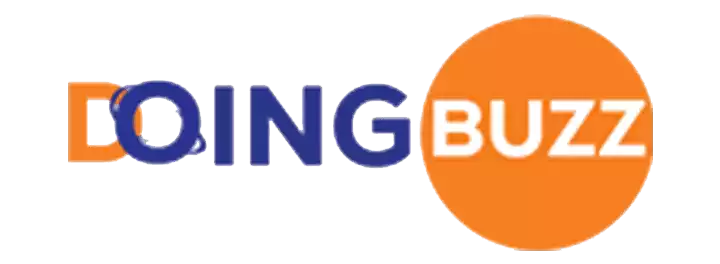Deadline: 1 November 2019
Applications are now open for “Justice Partnership and Innovation Program” to support renewed legal relationships with Indigenous peoples by fundinginitiatives that will advance the development, use and understanding of Indigenous laws.
The objective of this call for proposals is to fund projects that help to support the development, use and understanding of Indigenous laws and access to justice in accordance with the unique cultures of Aboriginal peoples in Canada. The intention is to fund Indigenous law revitalization projects in all regions of Canada involving First Nations, Inuit, and Métis legal traditions.
Objectives
To support this objective JPIP would support projects to:
- Develop Indigenous laws through research into traditional or customary practices, including in modern forms or as modified over time;
- Support the use of Indigenous laws by Indigenous communities;
- Increase the understanding of Indigenous laws within Indigenous communities and by all Canadians.
This funding opportunity supports each of JPIP’s objectives:
- To promote and encourage involvement in the identification of emerging trends, issues and/or gaps and possible responses with respect to the justice system.
- To promote innovations in the justice system to ensure greater access to the justice system
- To build knowledge, awareness, understanding and informed dialogue among justice stakeholders and/or the public on justice issues including access to justice, racism, official languages, anti-terrorism, sentencing and other emerging justice issues, including justice related issue in the international fora.
Funding Information
- The level of funding will vary from project to project based on the nature and scope of the proposed activities.
- Up to $500,000 is available per project for up to 4 years (April 1, 2020 to March 31, 2024) with a maximum of $200,000 per fiscal year. Funds are limited and there is a need to ensure a regional and distinctions-based distribution of the limited funds. Unfortunately, it may not be possible to fund all eligible projects.
Eligibility Criteria
- Canadian not-for-profit and non-governmental organizations;
- Canadian educational institutions;
- Bands, Tribal Councils, self-governing First Nations, Métis and Inuit.
Eligible Activities
Eligible activities include, but are not limited to:
- Elder interviews, oral history projects
- Land-based learning including field schools and cultural immersion
- Building Capacity within institutes and Indigenous communities to carry on the work of revitalizing Indigenous laws in other communities or areas of law in future
- Conferences, workshops, and training sessions
- Curriculum development
- Development of model codes and laws
- Pilot projects that test models for courts or other institutions
- Community engagement/awareness projects
- Public legal education and information projects
As the purpose of CTA 50 Funding is to assist in the revitalization of Indigenous laws, priority will be given to applications addressing Indigenous laws, rather than Indigenous approaches to existing Canadian Law (e.g. Gladue reports).
Key Considerations
The following key considerations should be applied in developing applications for this funding opportunity, and evidenced in your proposals:
- Gender-Based Analysis Plus: Indigenous women, girls, and LGBTQ2I+ people have been subject to high levels of discrimination and violence. When preparing your proposal, please elaborate on how your proposed activities will impact diverse groups of women and men, for example elders, youth and LGBTQ2I+ people. The TRC rejected any use of Indigenous or other laws that fundamentally treat women and men in ways that communicate or create subordination and called upon any such law to be contested without undermining the underlying Indigenous legal systems.
- Distinctions Approach and Regionalism: The TRC recognized that every Indigenous nation has its own culturally specific laws. The CTA 50 funding will seek to ensure that a broad regional representation of First Nations, Inuit and Métis peoples are supported by this investment. When preparing your proposal, please elaborate on which area(s) of law within which Indigenous community(ies) are being supported through your proposal. Priority may be given to applications proposing to serve communities or regions that have not previously received support through CTA 50 funding.
- Community Partnerships: The TRC identified Indigenous law institutes as an appropriate vehicle for funding to support the development, use and understanding of indigenous laws. However, Indigenous laws are held by and within Indigenous communities and the revitalization of Indigenous laws must be led by Indigenous peoples. Consequently applications that are submitted with the support of, or in partnership with, Indigenous communities will be given priority.
How to Apply
Applications must be submitted via given website.
For more information, please visit https://www.justice.gc.ca/eng/fund-fina/jsp-sjp/pfo-pfc.html








